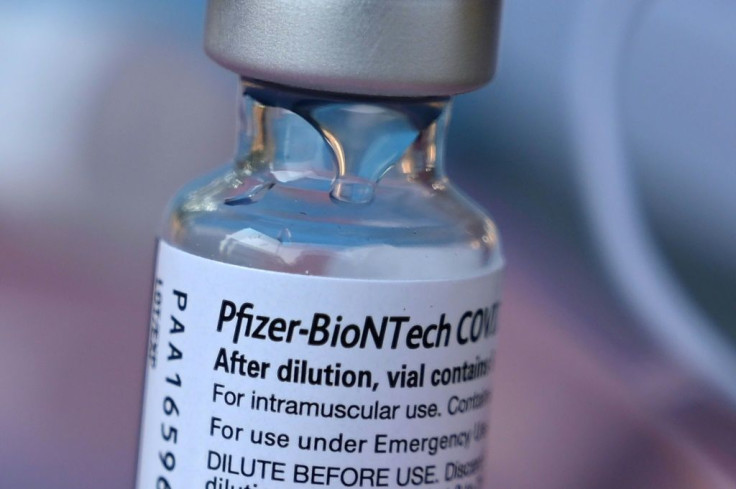'Normal Life' Possible By 2022 Despite New COVID-19 Variants, Pfizer CEO Says
KEY POINTS
- The Pfizer CEO said new variants are likely to continue emerging
- Moderna's CEO made similar remarks to a Swiss newspaper
- COVID-19 vaccines are currently available for people aged 12 and older
Returning to normal life could be possible by 2022 despite new emerging COVID-19 variants, Pfizer’s CEO and Chairman Albert Bourla said Sunday.
Appearing on ABC’s "This Week," Bourla predicted that the world can see a semblance of normal life next year. However, he noted that annual COVID-19 vaccinations might be necessary and new coronavirus variants are still likely to emerge worldwide.
"I agree that within a year I think we will be able to come back to normal life. I don't think this means that variants will not continue coming, and I don't think this means we should be able to live our lives without having vaccinations," Bourla said on the program.
“Also we will have vaccines that they will last at least a year, and I think the most likely scenario is annual vaccination, but we don’t know really, we need to wait and see the data,” he added.
Prior to Bourla’s remarks, Moderna CEO Stephane Bancel also said that the increase in vaccine production could help the world get back to normal life by the middle of 2022.
"If you look at the industry-wide expansion of production capacities over the past six months, enough doses should be available by the middle of next year so that everyone on this earth can be vaccinated. Boosters should also be possible to the extent required," Bancel told Swiss newspaper Neue Zurcher Zeitung on Thursday.
Bancel also said that vaccines for infants could soon be available and people “who do not get vaccinated against COVID-19 will likely be immunized naturally” amid the spread of the highly infectious Delta variant.
"Those who do not get vaccinated will immunize themselves naturally, because the Delta variant is so contagious. In this way, we will end up in a situation similar to that of the flu. You can either get vaccinated and have a good winter. Or you don't do it and risk getting sick and possibly even ending up in hospital,” he added.
Currently, COVID-19 vaccines are only available for people aged 12 and older. However, Pfizer has announced plans to request an emergency use authorization for its vaccine in children aged 5 to 11 in the coming days.
COVID-19 has so far infected 231,820,802 people and claimed 4,748,055 lives across the globe, according to Johns Hopkins University.

© Copyright IBTimes 2024. All rights reserved.












